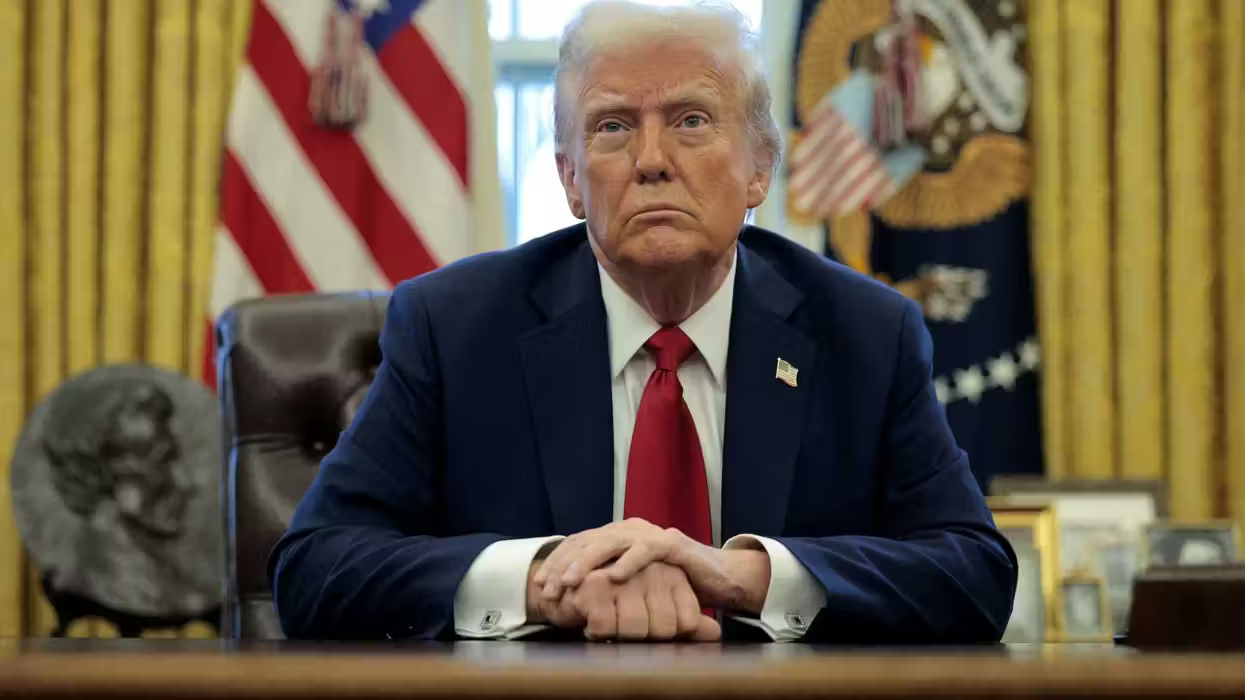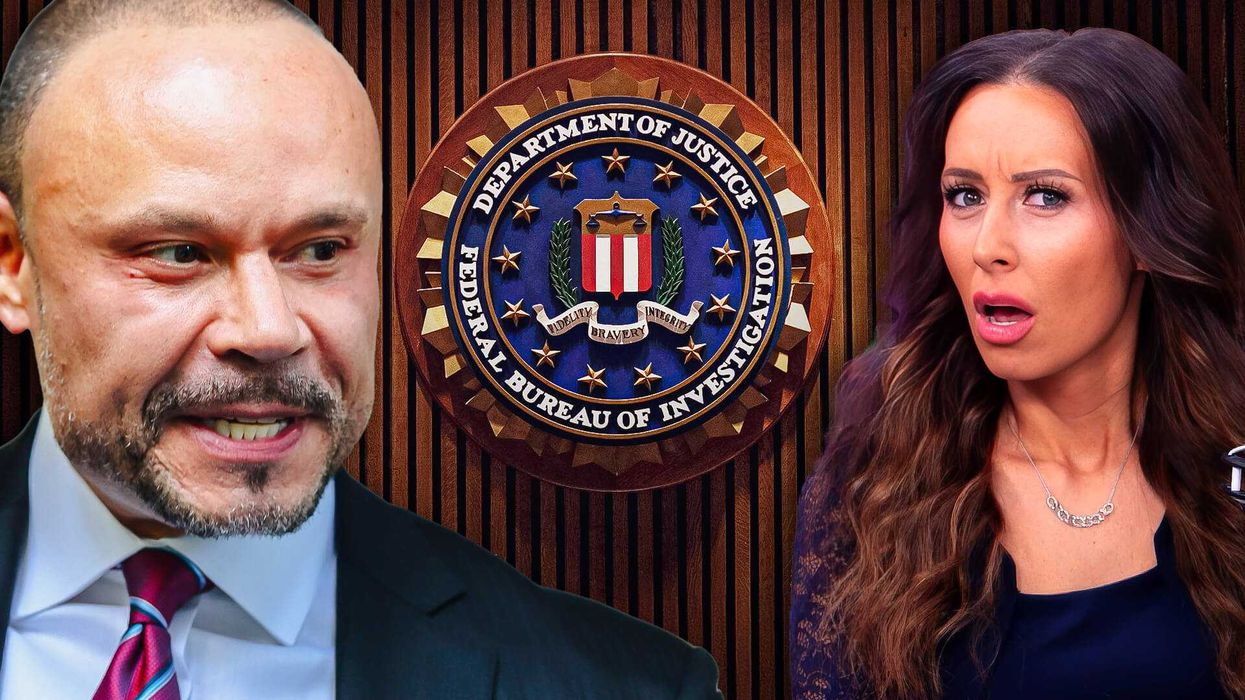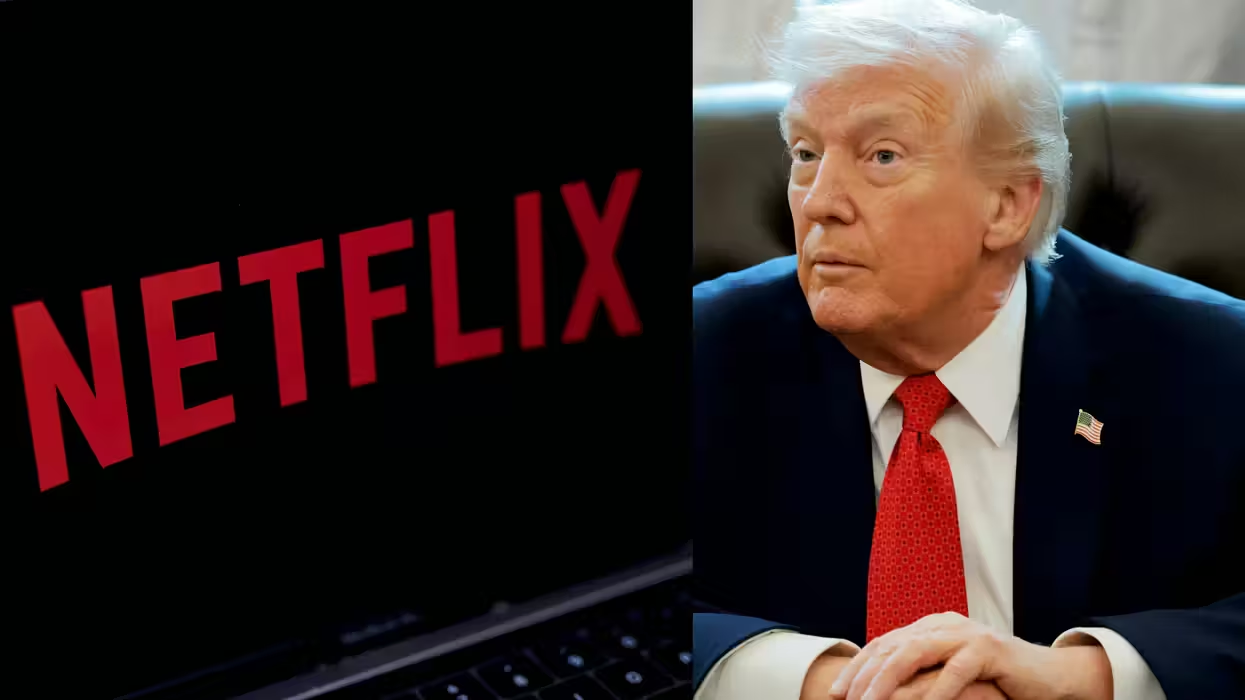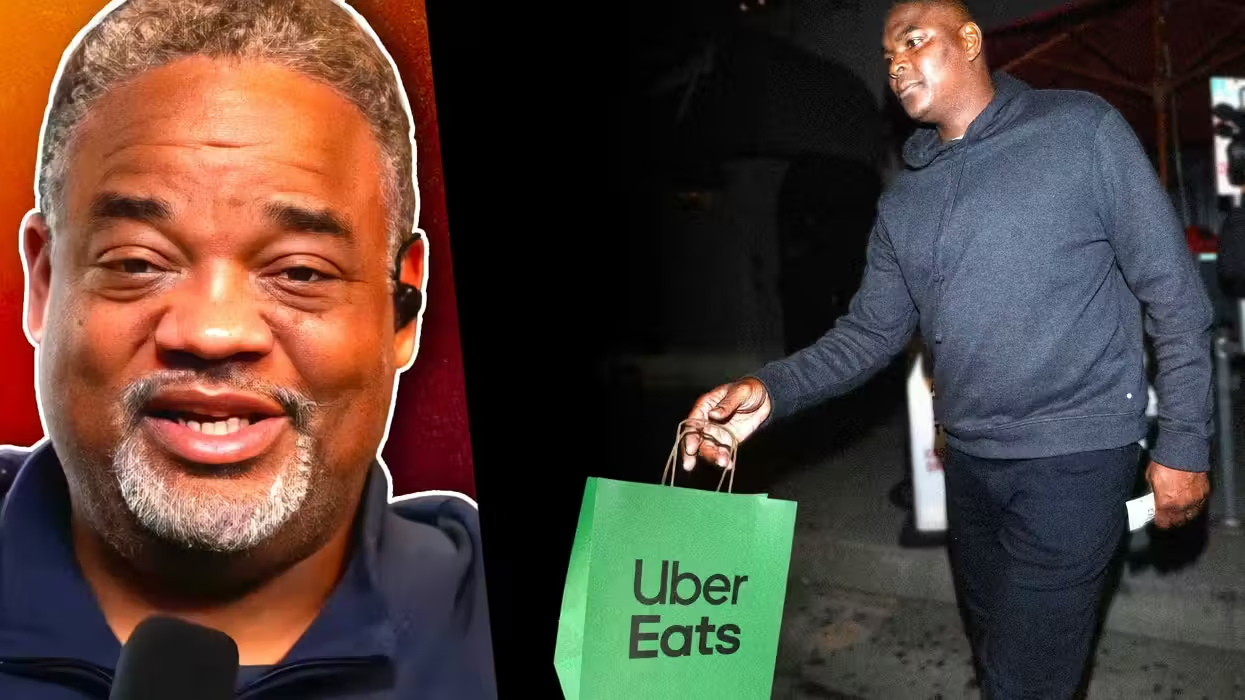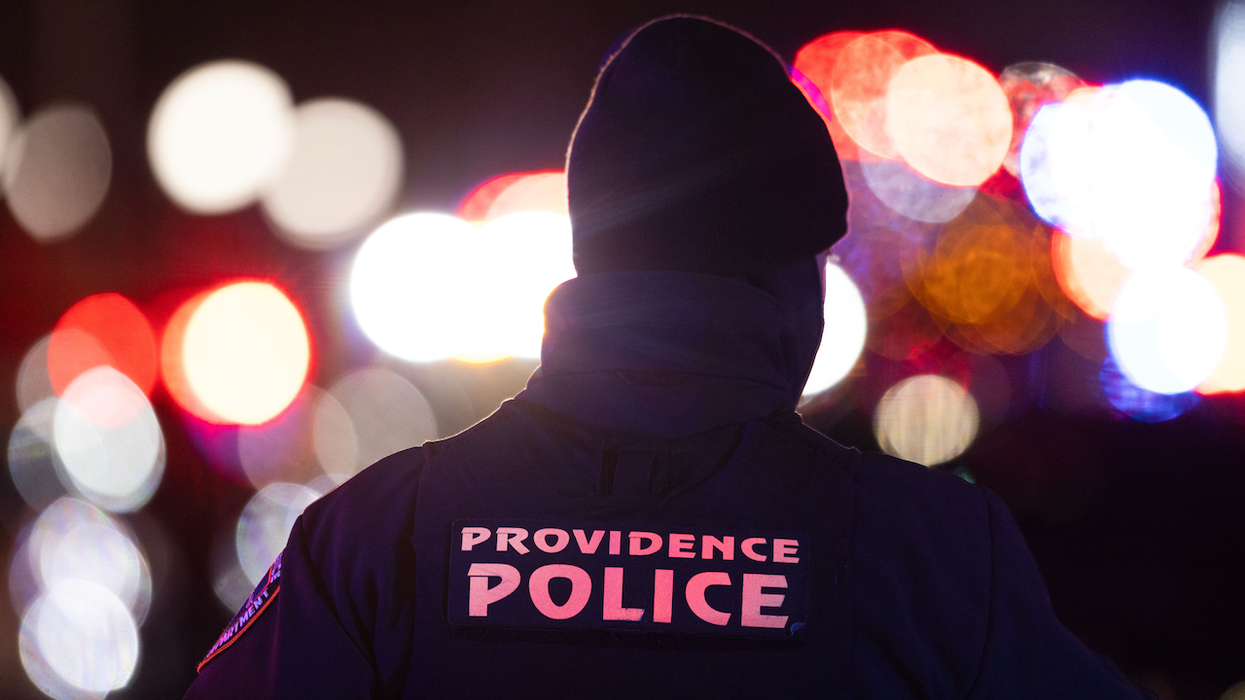
© 2025 Blaze Media LLC. All rights reserved.
WASHINGTON (TheBlaze/AP) – Unless President Barack Obama, who is currently on a tour of Africa, and Congress, which is currently in recess, fulfill a pledge to restore lower rates, college students taking out new loans for the fall term will see interest rates twice what they were in the spring.
Subsidized Stafford loans, which account for roughly a quarter of all direct federal borrowing, went from 3.4 percent interest to 6.8 percent interest on Monday. Congress' Joint Economic Committee estimated the cost passed to students would be about $2,600.
 Getty Images.
Getty Images.
"It's kind of surprising; that's a big jump," said Rebecca Ehlers, an Iowa State University senior majoring in math.
A $1,000 subsidized Stafford loan is part of her financial aid package and she said she's reconsidering how she pays for school.
"I may work more or ask my parents for money rather than going through all that," said Ehlers, 21.
She -- and millions of others who use federal student loans to pay for their education -- has some time before she has to make that decision. But not much.
"The only silver lining is that relatively few borrowers take out student loans in July and early August. You really can't take out student loans more than 10 days before the term starts," said Terry Hartle, a top official with colleges' lobbying operation at the American Council on Education.
But that is little consolation for students looking at unexpected costs waiting for them on graduation day if Washington doesn't take action before Congress breaks again for the month of August.
Students only borrow money for one year at a time. Loans taken before Monday are not affected by the rate hike.
Both political parties tried to blame the other for the hike and student groups complained the increase in interest rates would add to student loan debt that already surpasses credit card debt in this country.
"The federal loan program is burying them in debt. With the doubling of the interest rate, Congress is pushing student borrowers to their limit," said Michael Russo, federal program director with consumer advocate U.S. PIRG.
Lawmakers knew for a full year the July 1 deadline was coming but were unable to strike a deal to dodge that increase. During last year's presidential race, both parties pledged to extend the 3.4 percent interest rates for another year to avoid angering young voters.
But the looming hike lacked sufficient urgency this year and Congress last week left town for the holiday without an agreement. Instead, the Democratic-led Senate pledged to revisit the issue as soon as July 10 and retroactively restore the rates for another year -- into 2014, when a third of Senate seats and all House seats are up for election.
Even when lawmakers return, there's no guarantee there will be the votes to restore the lower rates.
"When we pass a deadline and there are not immediate effects, the sense of urgency that accompanies a deadline evaporates and that is what I'm afraid will happen here," Hartle said.
For months, the student loan issue was the subject of partisan sniping -- sometimes within the same party.
Obama's budget proposal included a measure that would have linked student loan interest rates with the financial markets. Fellow Democrats called that unacceptable because there were no guarantees interest rates would not skyrocket if the economy improves.
The Republican-led House, meanwhile, passed a bill in May that linked interest rates to the financial markets but with a cap on how high rates could climb.
The Democratic-led Senate, meanwhile, tried for a two-year extension that failed to overcome a procedural hurdle. A Republican measure, similarly, came up short.
An attempt at a bipartisan agreement fizzled last week when the Democratic chairman of the Senate education panel, Sen. Tom Harkin of Iowa, declared it a non-starter and urged lawmakers to extend the rates for one more year - when they get back next week.
--
Follow Becket Adams (@BecketAdams) on Twitter
The AP's Philip Elliott and Stacy A. Anderson contributed to this report.
--
Related Contributions:
Want to leave a tip?
We answer to you. Help keep our content free of advertisers and big tech censorship by leaving a tip today.
Want to join the conversation?
Already a subscriber?
more stories
Sign up for the Blaze newsletter
By signing up, you agree to our Privacy Policy and Terms of Use, and agree to receive content that may sometimes include advertisements. You may opt out at any time.
Related Content
© 2025 Blaze Media LLC. All rights reserved.
Get the stories that matter most delivered directly to your inbox.
By signing up, you agree to our Privacy Policy and Terms of Use, and agree to receive content that may sometimes include advertisements. You may opt out at any time.

